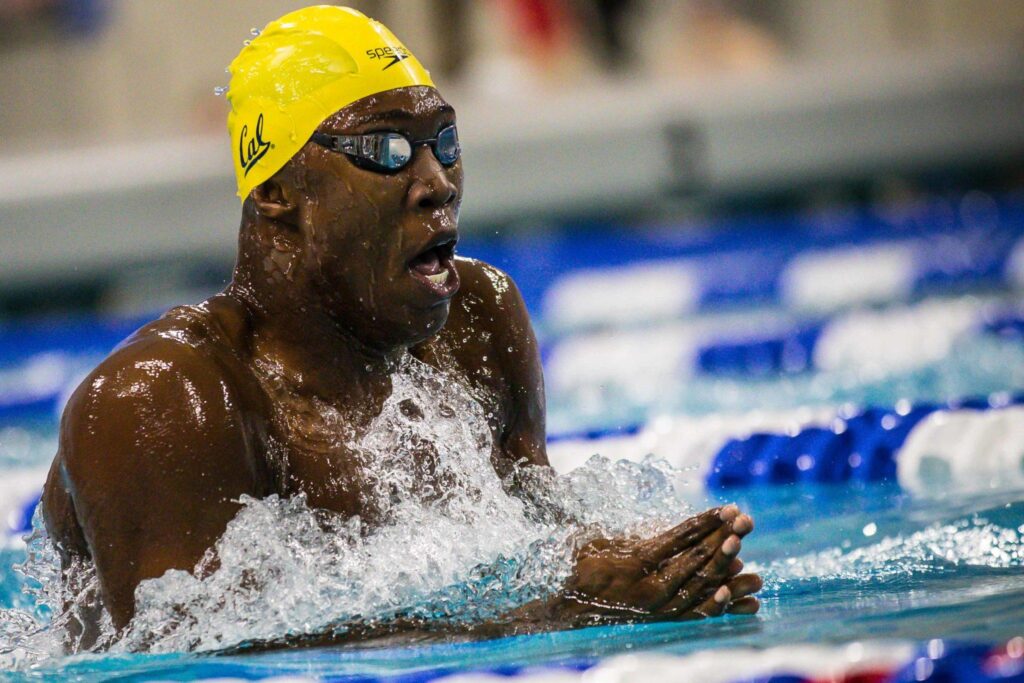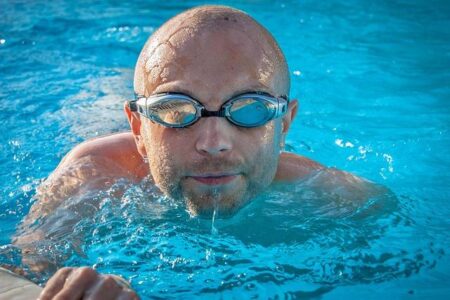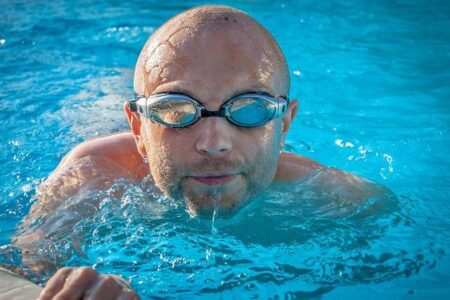In today’s competitive job market, candidates are increasingly looking to distinguish themselves beyond traditional qualifications. For swimmers, the countless hours spent in training and competition offer a unique reservoir of skills and experiences that can translate powerfully into professional settings. This article explores how swimmers can effectively leverage their athletic background during job interviews, turning their dedication, discipline, and teamwork into compelling narratives that resonate with potential employers.
Translating Competitive Drive Into Professional Ambition
Competitive swimming instills a mindset that transcends the pool, transforming raw ambition into tangible career goals. The relentless pursuit of personal bests and the discipline to train daily provide a unique foundation for professional success. Swimmers learn to embrace pressure, channeling it into motivation rather than hesitation-a critical skill during high-stakes interviews. This intrinsic drive not only demonstrates resilience but also shows prospective employers a candidate’s capacity for sustained focus and goal-oriented progress.
Highlighting these qualities can be as straightforward as framing them within familiar professional attributes. For example, swimmers often excel in:
- Time management: balancing rigorous training schedules with academic or social commitments.
- Adaptability: adjusting strategies during competitions when faced with unexpected challenges.
- Teamwork: supporting relay members and collaborating with coaches to optimize performance.
| Swimming Trait | Professional Equivalent |
|---|---|
| Goal Setting | Project Planning |
| Discipline | Work Ethic |
| Handling Pressure | Deadline Management |
Showcasing Teamwork and Leadership Skills from the Pool
Success in competitive swimming requires more than just individual skill-it thrives on effective collaboration and leadership within a team dynamic. Swimmers often take on leadership roles, whether guiding a relay team to synchrony or motivating teammates during grueling training sessions. These experiences translate directly into the workplace, where teamwork and leadership remain critical. Highlighting how you coordinated strategies in practice, supported underperforming teammates, or assumed captaincy roles can demonstrate your ability to lead and collaborate under pressure.
Consider emphasizing qualities such as:
- Communication: Sharpened by coordinating split times and race plans.
- Accountability: Maintaining personal and team standards during competitions.
- Resilience: Overcoming setbacks like missed qualifying times or injuries.
- Goal-setting: Driving continuous improvement both individually and collectively.
| Teamwork Skill | Job Interview Highlight |
|---|---|
| Relay Coordination | Efficient collaboration on multi-step projects |
| Motivating Peers | Inspiring team to exceed targets |
| Strategic Planning | Developing proactive problem-solving approaches |
| Handling Pressure | Maintaining performance in fast-paced environments |
Demonstrating Discipline and Resilience to Impress Employers
Employers are increasingly valuing candidates who exhibit unwavering discipline and the ability to bounce back from setbacks. Swimmers, by nature, develop these traits through rigorous training schedules and the constant challenge of improving times and techniques. In interviews, sharing specific instances where you overcame physical or mental barriers during training or competitions can vividly illustrate your commitment and mental toughness. For example, speaking about early morning practices despite fatigue or maintaining focus during high-pressure meets helps translate athletic discipline into workplace reliability.
Highlighting your resilience doesn’t just mean recounting struggles but also demonstrating how those experiences prepared you for professional challenges. You might present scenarios where you adapted to unexpected changes, such as modifying training due to injury or adjusting strategies in tight races. Use this opportunity to connect your athletic background with workplace skills by emphasizing:
- Consistency: Maintaining daily effort toward goals.
- Adaptability: Responding effectively to unforeseen obstacles.
- Focus: Staying goal-oriented under stress.
| Trait | Swimming Example | Workplace Application |
|---|---|---|
| Discipline | Strict daily swim routines | Meeting deadlines consistently |
| Resilience | Recovering from missed qualifying times | Handling project setbacks |
| Focus | Concentrating during intense races | Prioritizing critical tasks |
In Summary
In today’s competitive job market, the discipline, resilience, and teamwork honed through years of swimming offer candidates a unique edge in interviews. By effectively translating their athletic experiences into relatable professional skills, swimmers can distinguish themselves and demonstrate qualities employers highly value. As more hiring managers recognize the benefits of an athletic background, swimmers stand well-positioned to navigate interviews confidently and secure opportunities beyond the pool.





